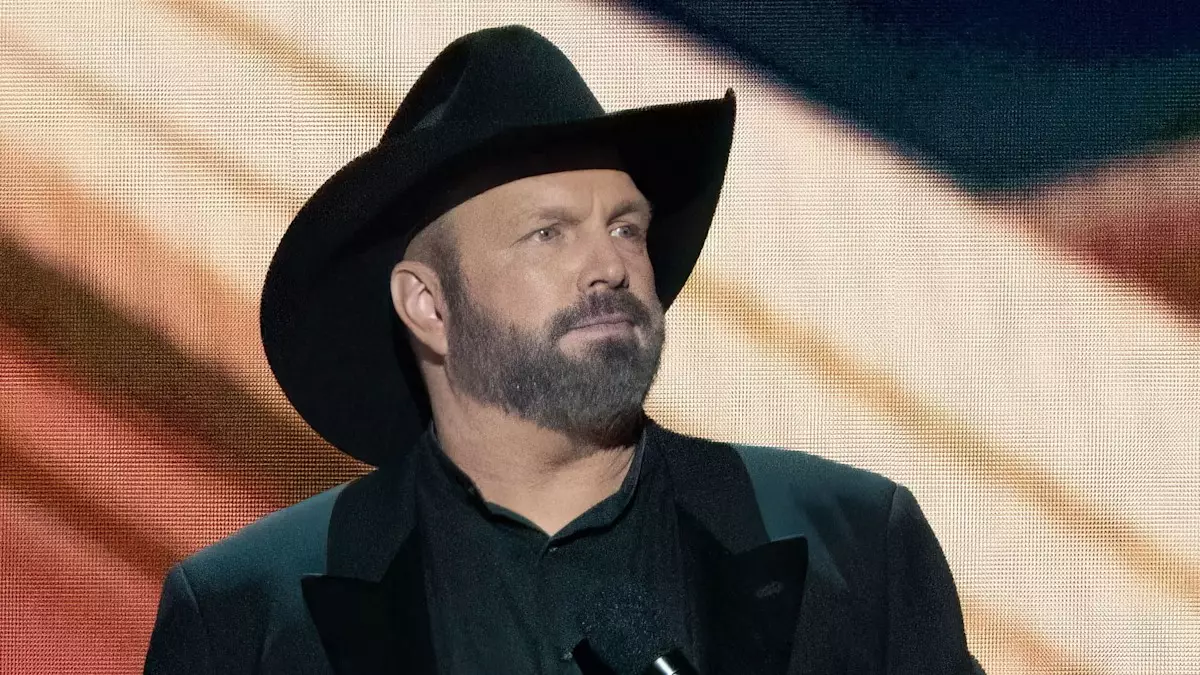In a shocking twist in the country music scene, Garth Brooks is currently embroiled in serious allegations that have been brought against him by an unnamed female defendant, referred to as Jane Roe. This complex case sheds light on the darker side of celebrity culture, where accusations of sexual misconduct have increasingly entered the public eye. Brooks, a permanent fixture in country music since the early 1990s, vehemently denies these allegations, which paint a troubling picture of his conduct as an employer and individual over the past few years.
The allegations, stemming from an extended relationship that Jane Roe claims began when she was hired as Brooks’s hairstylist in 2017, include extreme misconduct purportedly taking place in 2019. Roe’s claims range from being subjected to inappropriate comments about sexual matters to allegations of rape. Such serious charges raise questions about the dynamic between power and vulnerability in employer-employee relationships, particularly in the entertainment industry where such power imbalances can be prevalent and exploited.
In response to these grave accusations, Brooks released an impassioned public statement asserting his innocence and condemning the nature of the allegations against him. He described the experience as being akin to “having a loaded gun waved in [his] face,” suggesting that the accusations are attempts at extortion and financial gain masked as legitimate grievances. Brooks’s statements highlight the extreme emotional toll that these allegations have taken on him, as he expressed a heartfelt desire to focus on his music and charity work instead of being embroiled in legal battles.
Additionally, Brooks filed a preemptive lawsuit in Mississippi that sought to quash what he termed “false allegations of sexual misconduct” before they could be publicized further. His attempt to protect his reputation underscores the severe implications that such claims can have on a celebrity’s career, family, and personal life. This action illustrates the lengths to which individuals may go to defend not just their image, but their reality in the face of accusations they vehemently deny.
The lawyers representing Jane Roe, Wigdor LLP, did not shy away from amplifying the severity of their claims. They remarked on the prevalence of sexual predation across all sectors of entertainment, suggesting that the country music industry, like Hollywood and other music genres, is not exempt from such misconduct. Their focus on the courage of Roe in coming forward highlights the challenges faced by individuals in similar situations, where fear and shame often prevent many from speaking out.
This lawsuit raises critical ethical questions about consent, power dynamics, and accountability. It serves not only as a reminder of the potential darkness behind the glamorous façade of fame but also highlights the importance of supporting victims of sexual misconduct. It brings light to an ongoing societal issue that demands attention and accountability in all professions, including the arts.
Allegations of misconduct against public figures often lead to polarizing discussions among fans and detractors alike, creating communities around support or condemnation. Brooks’s legacy in country music spans impressive accolades, including numerous Academy of Country Music Awards and Grammy nominations. However, this lawsuit risks tainting that legacy, stirring a debate on how fame and popularity can obscure or complicate moral accountability.
As the case unfolds, the impact on both Brooks’s career and personal life remain uncertain. In such scenarios, public opinion can shift rapidly; one moment a beloved star is celebrated at award shows, and the next, they are embroiled in scandal. This duality illustrates the precarious existence of fame and the dramatic shifts that can arise from personal and professional misconduct allegations.
Regardless of the outcome of this specific case, the situation brings to the fore essential conversations about the safety and treatment of individuals working within high-pressure environments. It encourages a broader cultural shift towards a zero-tolerance policy for inappropriate behavior, aiming to empower victims and hold perpetrators accountable regardless of their status or influence.
As more such allegations emerge across various domains, it becomes clear that the seismic shift in societal attitudes toward sexual misconduct must be accompanied by substantive changes — in policies, workplace cultures, and societal norms that allow individuals to feel safe and supported, regardless of their position. The case of Garth Brooks serves as a critical point of reflection not just for one man, but for our society at large, as we navigate these complex issues intricately tied to power, privilege, and accountability.

